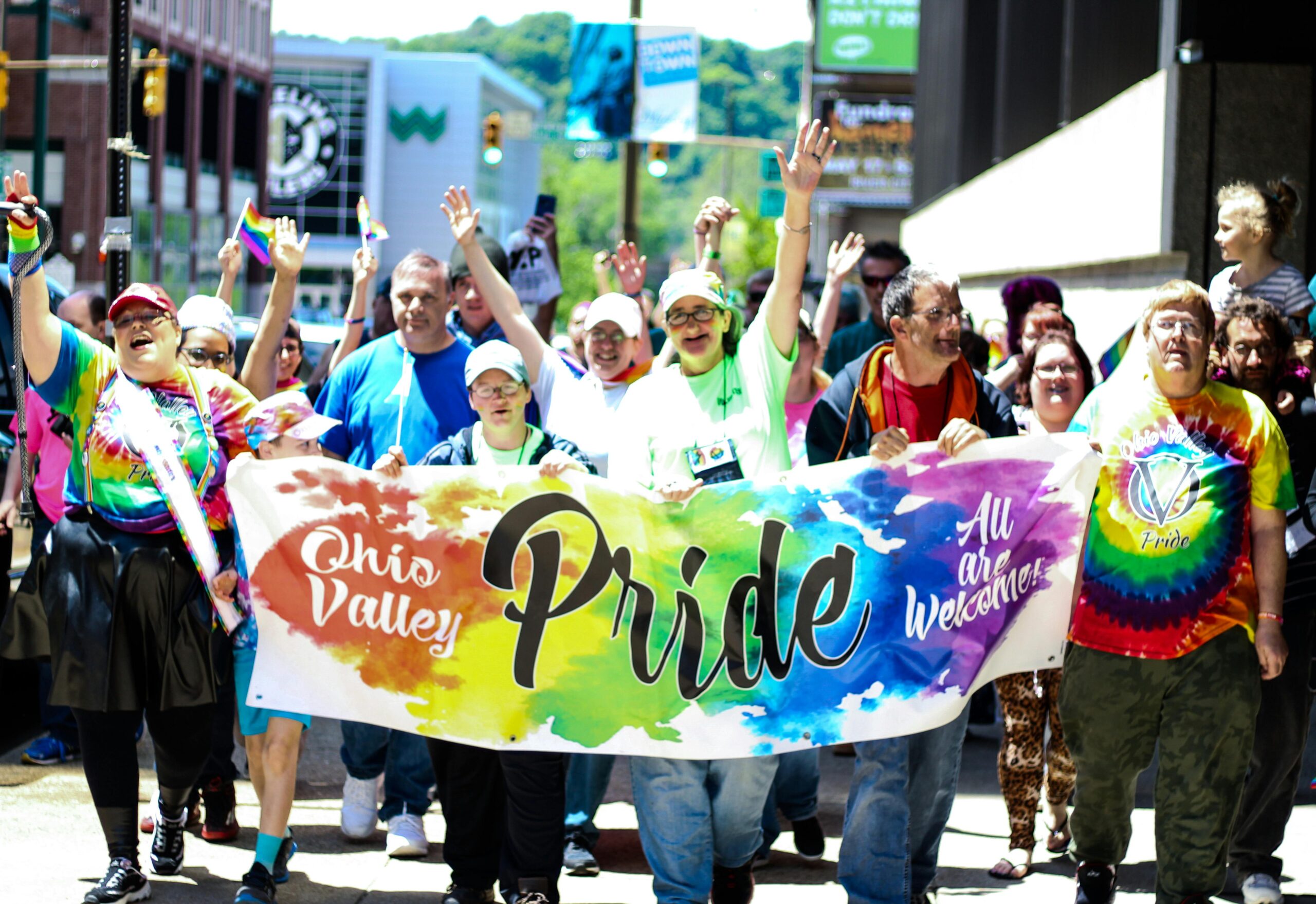Destiny 2: Sundered Doctrine Loot Table – All Gear Drops by Encounter (2025 Guide)


Every November, Transgender Awareness Week offers an opportunity for education, empathy, and action. Held annually from November 13 to 19, this week is dedicated to raising the visibility of transgender people and addressing the unique challenges they face. It serves as a powerful lead-up to Transgender Day of Remembrance (TDOR) on November 20, which honors the lives lost to anti-transgender violence. In a world where trans individuals often face marginalization, this week is more than a calendar event—it’s a movement for justice, inclusion, and understanding.
Transgender Awareness Week was established in response to the urgent need for visibility and advocacy around the experiences of transgender and gender-diverse people. While LGBTQ+ Pride Month celebrates broader queer identities, Trans Awareness Week specifically centers on the transgender community, whose struggles and triumphs are too often overlooked.
Its roots are deeply connected to Transgender Day of Remembrance, founded in 1999 by activist Gwendolyn Ann Smith after the murder of Rita Hester, a Black transgender woman. The lack of media coverage and public outcry surrounding Hester’s death highlighted the systemic erasure of trans lives. In the decades since, the week has evolved into an internationally recognized period of reflection, celebration, and call to action.
Visibility is more than representation—it’s about affirmation, protection, and power. When transgender people see themselves represented in media, education, politics, and leadership, it validates their existence and inspires future generations. However, with increased visibility also comes increased risk: trans individuals—especially Black and brown trans women—are disproportionately targeted for violence and discrimination.
Trans Awareness Week provides a platform to amplify trans voices and share authentic narratives, challenging the myths and stereotypes that often dominate mainstream discourse. By telling their own stories, transgender individuals reclaim the narrative and demand to be seen as full, complex human beings.
“Being trans is not a tragedy. The real tragedy is a society that refuses to recognize our humanity.”
— Raquel Willis, transgender activist and writer
Across the globe, individuals and organizations host a variety of events to educate, inspire, and engage communities. These activities reflect the core goals of the week: awareness, education, solidarity, and action.
These events not only educate the public but also empower trans individuals, reinforcing that their voices and lives matter.
Despite progress, transgender individuals still face significant social, legal, and economic hurdles:
Awareness weeks like this one shine a light on these issues—not to sensationalize pain, but to galvanize support and accountability.
“We are not asking for special rights. We are asking for basic human rights—to live, to love, to work, to exist in peace.”
— Alex Blue Davis, actor and trans advocate
Transgender Awareness Week is not just for those within the community. Allies play a critical role in driving social change and creating safer spaces. Here’s how you can be supportive:
Allyship is not a one-time gesture—it’s a commitment to show up consistently and compassionately.
Transgender Awareness Week is rooted in personal storytelling, the most powerful tool to build empathy and change hearts.
“When I came out, I feared I’d lose everything—my family, my job, my friends. But slowly, I found a community that welcomed me exactly as I am. Now, I speak out so the next kid knows they’re not alone.”
— Maya, 27, trans woman and community organizer
“Transitioning helped me align who I am on the inside with how I live on the outside. It’s the bravest thing I’ve ever done.”
— Jordan, 31, nonbinary educator
These testimonies remind us that behind the policies and statistics are real people—facing real challenges, with real dreams.
Transgender Awareness Week is not just a commemoration—it’s a call to action. It’s about visibility, yes, but also about demanding justice, creating safe spaces, and ensuring that every trans person can live with dignity and pride. Representation matters, but it must be accompanied by real-world change.
Whether you’re a member of the community or an ally, your voice matters. Speak up. Show up. Support. Because a world where transgender people are safe, celebrated, and free benefits us all.
Let’s raise awareness, honor the lives of those lost, and uplift the voices of the living. Trans rights are human rights—this week, and every week.